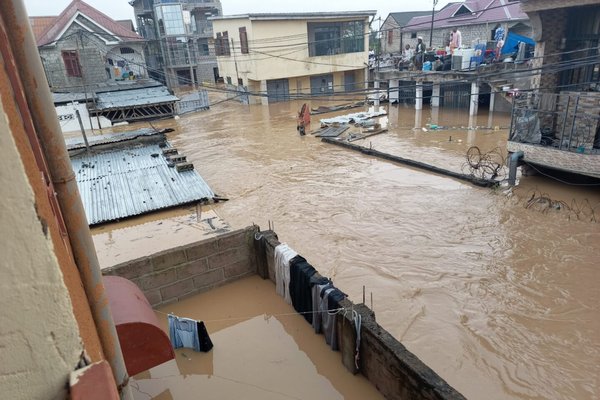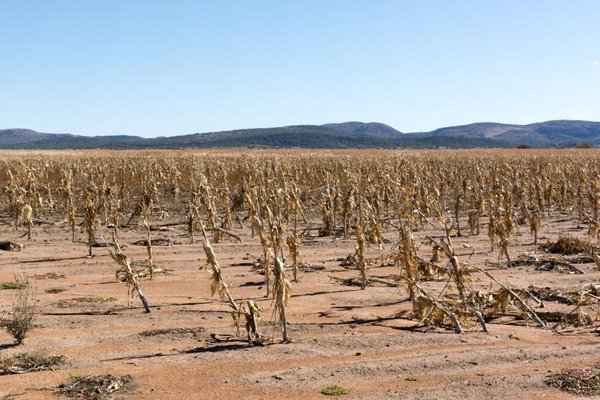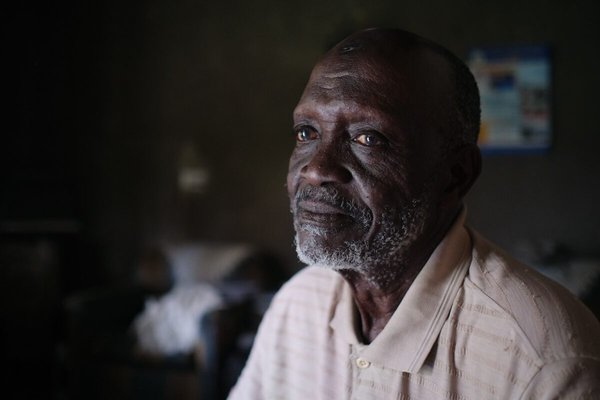Climate Disaster in Kinshasa: Deadly Floods Now Expected Every Two Years
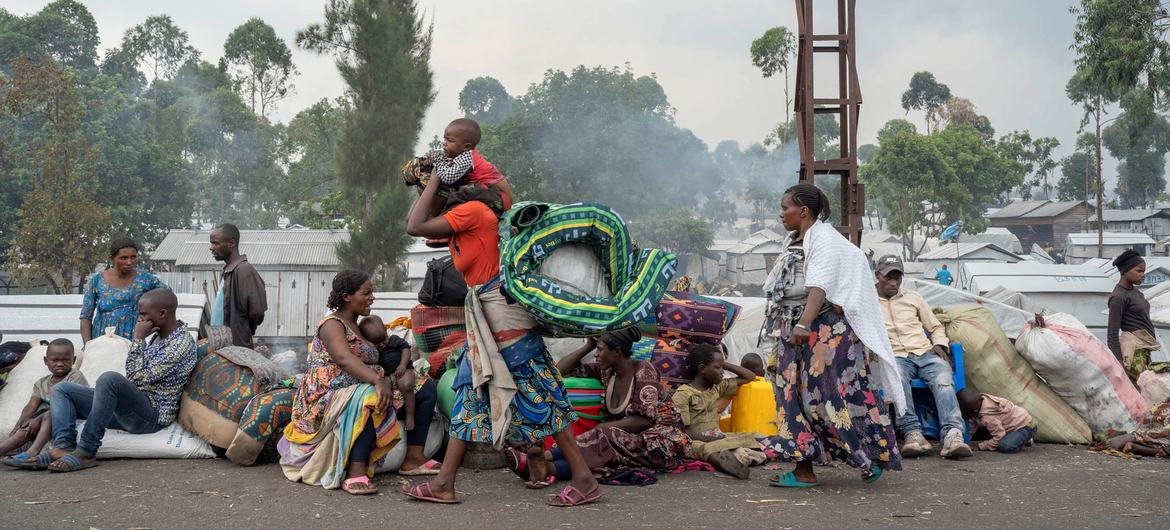
A devastating flooding event has struck Kinshasa, the capital of the Democratic Republic of Congo (DRC), claiming at least 33 lives and causing widespread destruction since April 4, 2025. Scientists now warn that such deadly rainfall events are becoming more frequent due to climate change.
The floods began when heavy rainfall caused the Ndjili River to overflow, submerging half of Kinshasa's 26 districts and cutting off access to drinking water for residents in at least 16 communes. Key infrastructure, including the main road to the airport, was completely inundated, while thousands of residents have been displaced as homes were swept away.
According to a recent study by the World Weather Attribution (WWA) group, these extreme rainfall events that once were rare are now expected to occur approximately every two years with current global warming levels of around 1.3 degrees Celsius. Data from two weather stations in Kinshasa shows that seven-day rainfall periods have become 9-19% more intense since 1960.
The study focused on the river basin where the Ndjili and Congo rivers combine, with researchers from multiple countries collaborating to assess how human-induced climate change has altered rainfall patterns in the region. While the scientists could not determine the precise influence of climate change on this specific flooding event due to limited data, they noted that it aligns with scientific projections from the Intergovernmental Panel on Climate Change for Central Africa.
The situation in Kinshasa adds to the DRC's ongoing challenges, including conflict in the eastern regions where government forces and Southern Africa Development Cooperation troops have struggled against Rwanda-backed M23 rebels, resulting in thousands of deaths and millions of displaced people since January.
Local authorities are being urged to prepare for more frequent disasters of this nature as global warming continues to intensify rainfall patterns across the region.
Recent Environment Articles
Kinshasa Faces Deadly Floods Every Two Years as Climate Intensifies Rainfall
A new study finds Kinshasa could now experience deadly flooding from extreme rainfall every two years due to intensified climate …
Federal Judge Orders Florida to Act on Pollution Crisis Behind Manatee Deaths
A federal judge has ordered Florida to address water pollution in the Indian River Lagoon, finding it responsible for manatee …
Severe Drought Crisis in Africa Deepens, Threatening Widespread Hunger and Food Shortages
Severe drought is intensifying across Africa, causing catastrophic crop failures and hunger as millions face worsening food insecurity and relief …
Hotter Temperatures Threaten Wetlands' Methane Controls
As global temperatures rise, wetlands are emitting more methane because methane-consuming microbes cannot keep up with the pace of methane …
Trump Accelerates Deep-Sea Mining, Igniting Global Debate over Environment and Law
President Trump’s new order fast-tracks deep-sea mining for critical minerals, raising concerns about environmental damage and international legal disputes.
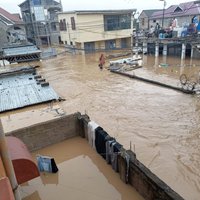
Kinshasa Faces Deadly Floods Every Two Years as Climate Intensifies Rainfall
A new study finds Kinshasa could now experience deadly flooding from extreme rainfall every two …

Federal Judge Orders Florida to Act on Pollution Crisis Behind Manatee Deaths
A federal judge has ordered Florida to address water pollution in the Indian River Lagoon, …
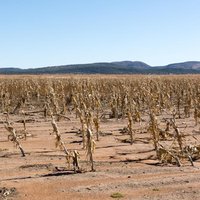
Severe Drought Crisis in Africa Deepens, Threatening Widespread Hunger and Food Shortages
Severe drought is intensifying across Africa, causing catastrophic crop failures and hunger as millions face …
